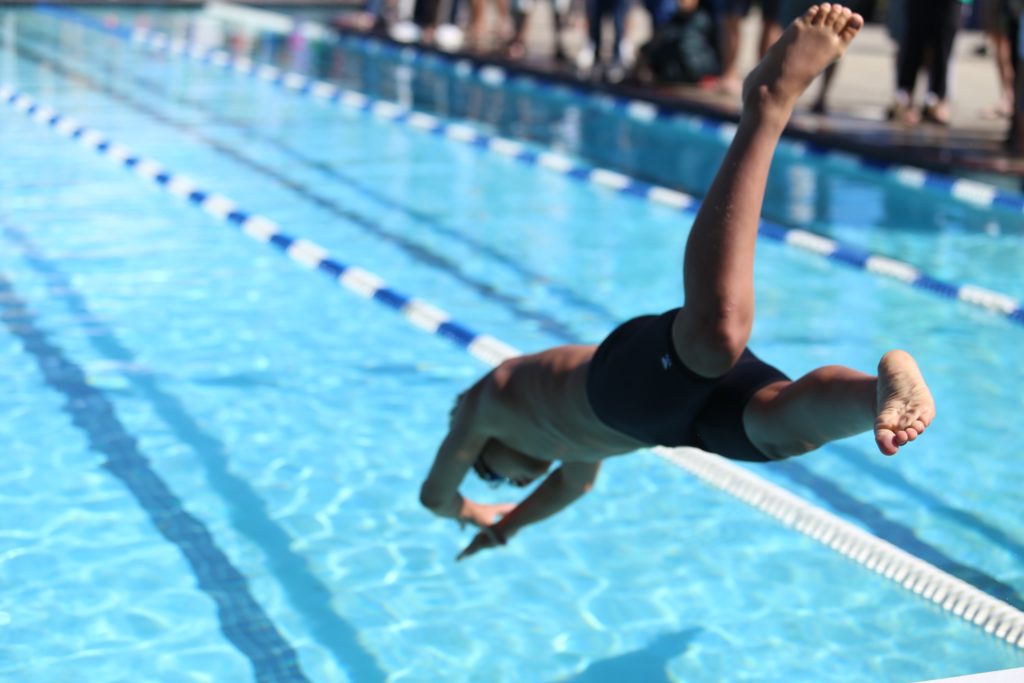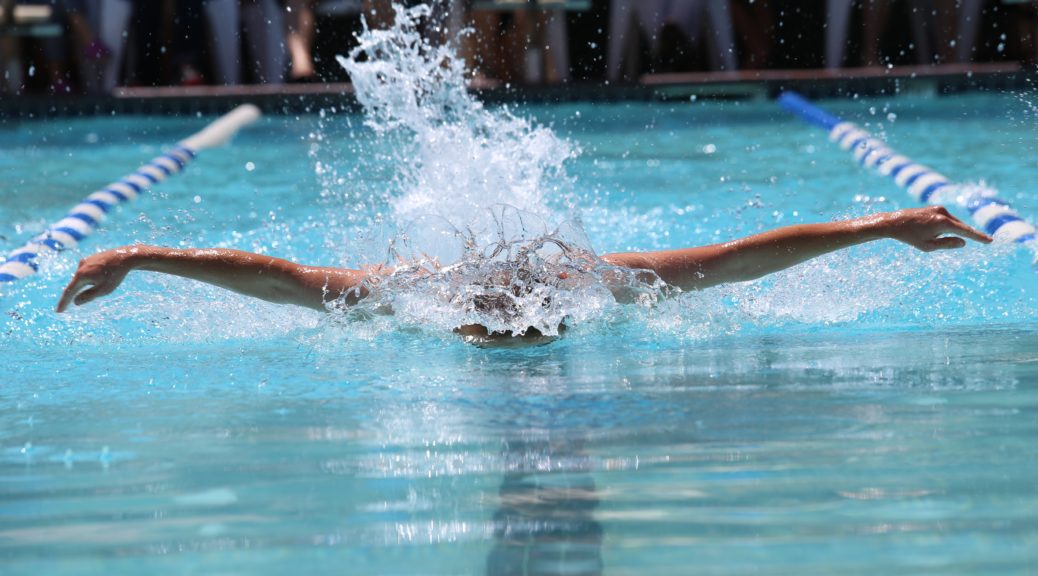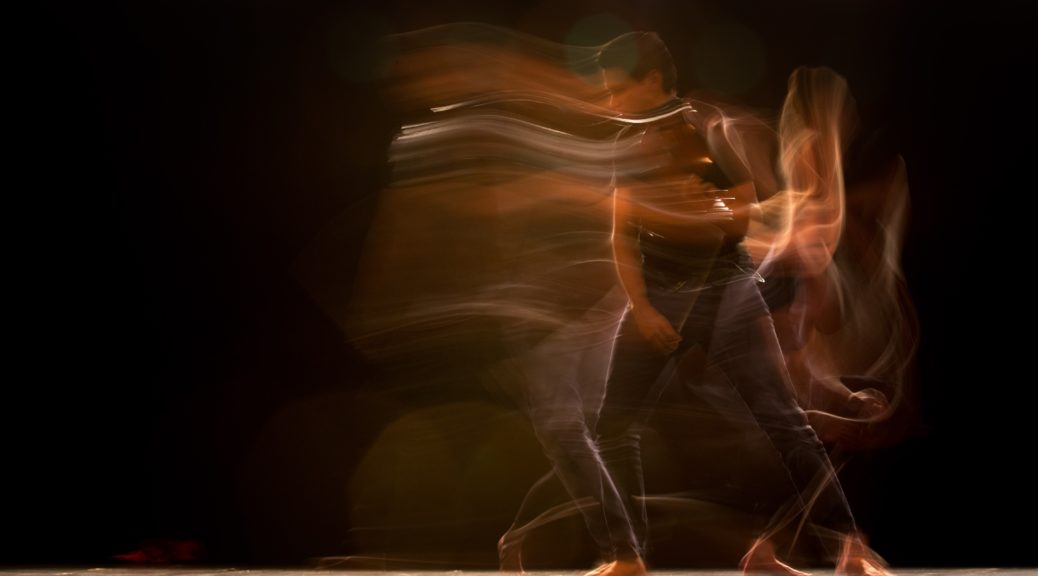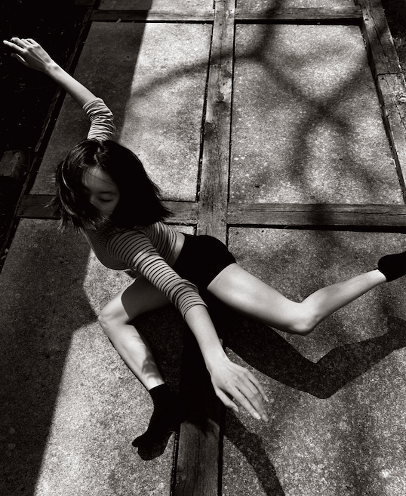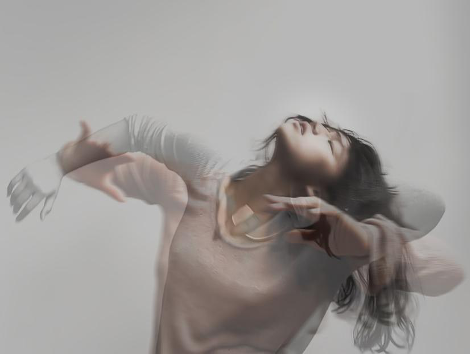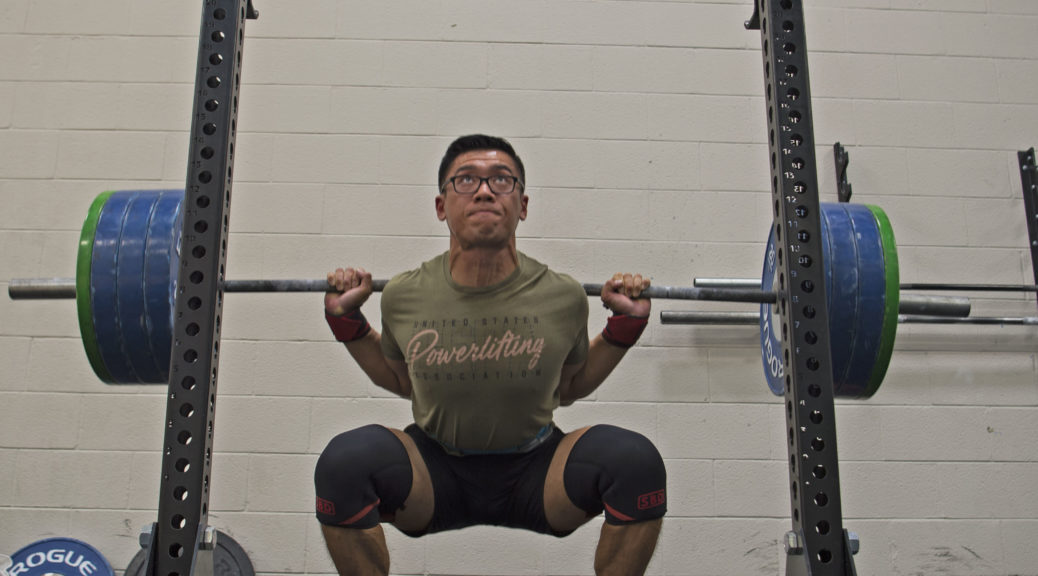By Dennis Wu
Last semester, I picked up a new fitness hobby called powerlifting. According to the International Powerlifting Federation, powerlifting is defined as a strength sport made up of three attempts at maximal weight for three lifts: squat, bench press, and deadlift. The goal of powerlifting is to lift the most weight possible for each of the three lifts. The summation of the best attempts for each of the three lifts is the final score a competitor receives.
Squat
The powerlifting squat begins when the announcer yells, “the bar is loaded”. Then, a competitor has one minute to un-rack the bar. When the competitor is read to squat, the competitor makes eye contact with the referee. The referee will yell “squat”. Then, the competitor must squat down until the hip joint is below the knee joint. After that the competitor can squat back up and re-rack when the referee yells “rack”.
Bench Press
The powerlifting bench press also begins when the announcer yells, “the bar is loaded.” Then, the competitor has one minute to begin the lift. The competitor is allowed to un-rack the bar but must wait for the referee to yell “start” before the competitor can lower the weight. When the bar is touching the body, the competitor must wait for the command “press”. Then, the competitor can drive up the bar to lockout. When the command “rack” is given, the competitor may rerack the bar.
Deadlift
The last lift is the deadlift. This lift also begins when the announces states, “the bar is loaded”. However, there is no start command. The competitor must begin within one minute. The competitor must stand up with the weight and when the referee yells “down”, the competitor may place the weight back down with both hands on the bar.
Conclusion
To summarize, powerlifting has become my new fitness hobby. Powerlifting is comprised of the three main lifts: squat, bench press, and deadlift. The final score of a powerlifting competition is comprised of the best weights for each of the three lifts.
Featured image is author’s own
Dennis graduated USC with a degree in Human Biology, with an emphasis in Applied Physiology, and a minor in Occupational Therapy. He was born in Belgium and moved to the U.S. at the young age of 5, so Dennis had experienced numerous cultures around the world. Once in the U.S., he moved around quite a bit, living in multiple cities in Arizona, Texas, and California. Dennis speaks three languages- Mandarin Chinese, Flemish, and English. Ss a student, he loved playing basketball; he’s been playing since he was five years old, but his greatest passion in life was fitness and the pursuit of progression. Dennis always sought to improve himself – to become the best version he can be, not only physically but also mentally. Dennis was also a certified personal trainer at USC Lyon Center and worked with numerous international clients. He also worked as a tutor for mathematics and various sciences with numerous volunteer organizations around campus.
